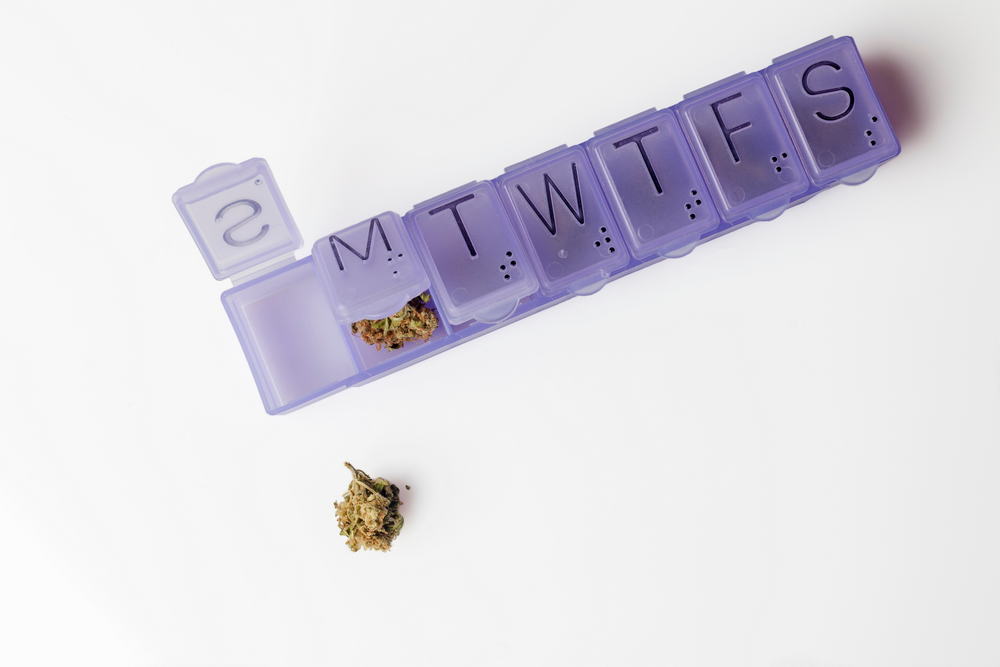
Obtaining or renewing a Medical Cannabis Card in Utah requires some sort of visit or consultation with a Qualified Medical Provider (QMP) or Limited Medical Provider (LMP). Though not all QMPs and LMPs are doctors, let us assume they are for the purposes of this post. What do you do if your doctor doesn't offer cannabis dosage guidance during your consultation?
This is not an unusual scenario, especially when patients consult with LMPs. An LMP is any physician, advanced practice nurse, or orthopedist with prescribing authority in the state of Utah. LMPs do not undergo any additional training and they are limited to 15 Medical Cannabis recommendations at any one time.
It's not unusual for LMPs to not be as familiar with Medical Cannabis as their QMP counterparts. All that aside, Utah regulations don't require either type of provider to offer dosage and delivery guidance. The law says they “may” offer it, or they can choose to leave the guidance to a Pharmacy Medical Provider (PMP).
There could be any number of reasons a doctor would not want to offer dosage and delivery guidance. For many, it is the perception that they lack the proper qualifications. Truth be told, doctors do not spend a lot of time learning about the endocannabinoid system or Medical Cannabis in medical school. The same goes with most medications. Doctors don't study medications nearly as much as pharmacists do.
A PMP in the state of Utah is a trained and licensed pharmacist who has undergone additional training for Medical Cannabis. The PMP's education in pharmacology gives them the extended knowledge doctors lack. PMPs are more than qualified to offer dosage and delivery guidance. They are familiar with the endocannabinoid system; they understand how Medical Cannabis interacts with that system.
Medical Cannabis users should understand that dosage and delivery guidelines are just that: guidelines. Despite state lawmakers' efforts to treat Medical Cannabis just like any other prescription drug, federal law still prevents doctors from writing literal prescriptions. Therefore, any guidance offered by a QMP, LMP, or PMP constitutes advice – albeit good advice – rather than ironclad instructions.
Ultimately, each patient decides for themself how to best use Medical Cannabis. Still, consulting with a medical professional is the standard recommendation. We agree wholeheartedly with it. Regularly consulting with a QMP or PMP is the best way to ensure that a patient makes the most of Medical Cannabis therapies.
If you find yourself in a position of having no dosage or delivery guidance from your doctor, please consult with your PMP whenever you go to the Medical Cannabis pharmacy to purchase medications. In between visits, keep track of your cannabis use. Write down every instance of cannabis consumption. Make a point to record:
Taking information with you to the pharmacy means equipping your PMP with the information they need to give you sound guidance. During your consultations, be sure to ask any and all questions you have. Your PMP doesn't know what you're thinking. They rely on your questions to figure out what is going on with you.
It is actually not uncommon for doctors to be reluctant to offer Medical Cannabis dosage and delivery guidance. They generally don't know as much about cannabis as pharmacists, by design. In the absence of extensive knowledge, many doctors just feel it's more appropriate to leave guidance to the PMP. So, if that has been your experience, be aware that it’s a perfectly normal one.